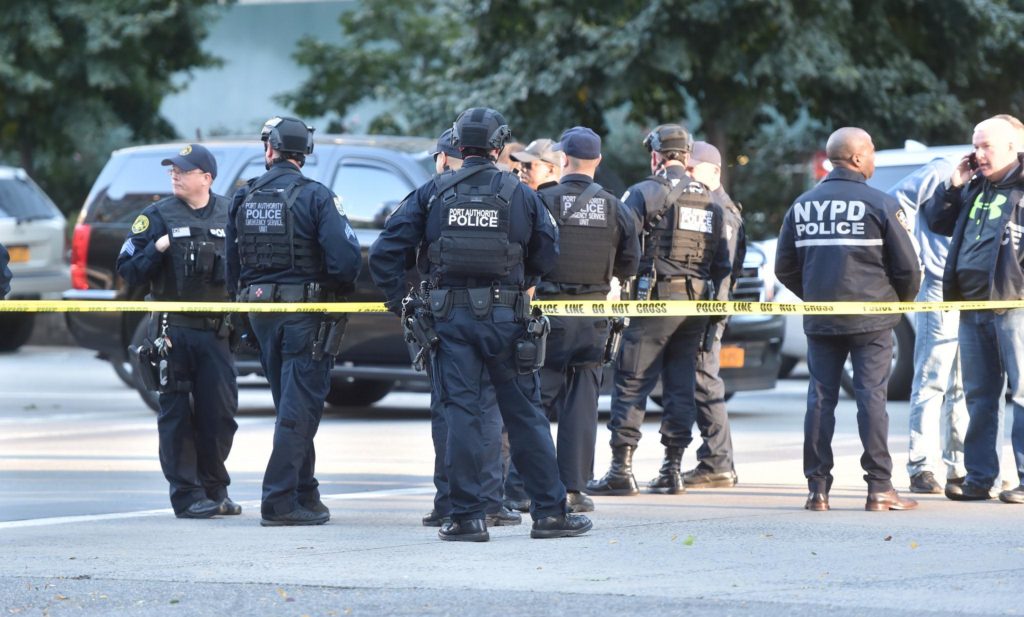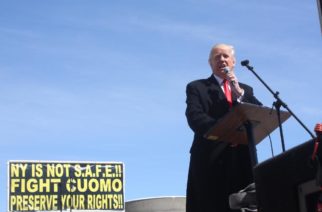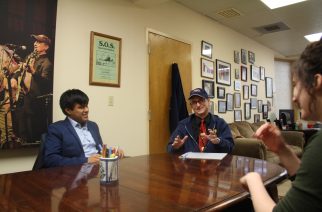
There is just too much violence in our cities and towns. How do we put a stop to the shootings, robberies and rapes that we read and hear about every day? If you have ever been the victim of violence, trust me — you will never forget it. Safety is very important to most people, but unfortunately, among some liberals, the concept of public safety doesn’t always make it to the top of the priority list. Some of my best friends think that what we might call retributive justice should not be part of our common ethos.
Most New Yorkers want to see the violence abated. If you’ve been robbed at gunpoint or hurt due to the commission of a serious crime, it is not hard to imagine that you would want the offender to be punished appropriately. That’s why so many people believe passionately in the death penalty. If your mother, sister, or child is held up or beaten or killed, do you really think that the attacker should be allowed to live? If you don’t, what universe do you live in?
In the end, when we discuss this issue it almost always comes back to the subject of police. I’ve always believed that you have to be at least a little crazy to become a cop. It’s a very difficult job. Years ago, I taught cops at the John Jay College of Criminal Justice. I really liked them as a group. Yeah, they had a universal approach to criminal justice. There were the good guys and there were the bad guys. When I worked with New York City Police Commissioner Patrick V. Murphy, I was sent out on patrol with two cops who were very nice to me. At one point, one of them turned around and said, “Hey, professor, see those guys under the lamppost? There’s a crime waiting to happen.” Cops often have an instinctual sense of who the bad actors are. Many people reading this will think that kind of profiling is very unhealthy and that it will almost always involve race and social class. I dare say that if you are familiar with the ways of police, what I have just written will ring true.
To return to the main theme, our society has to determine how to put a lid on crime. It seems to me that if we find that some people exhibit criminal behavior on a regular basis, we have to find ways to anticipate their actions and to put a stop to such antisocial behavior. Likewise, if we know how it happens and with what regularity, and we can trace such behavior. We have to find modalities that will allow us to protect ourselves.
Part of the solution is to do everything in our power to bring people together to put a stop to serious crime. It’s not an easy thing to do. People can be apprehensive about putting themselves in danger to protect people they don’t know. But we’ve seen it happen. On a regular basis, people in a subway station will band together to thwart criminal behavior. The more regularized this citizen activity becomes, the safer our cities and towns become.
In the end, it’s all about how much pain individual citizens are willing to absorb. You have to consider what you might be willing to do when you see criminal behavior. Would you yell when you saw someone robbing someone else? Crime is all around us and if we can put a stop to criminal activity, we will be a part of decriminalizing our society. Up to now, we have not gone that route. Maybe that’s out of fear. Maybe we have come to a point that we are willing to overlook criminal behavior and to suffer the consequences that comes with ignoring that which surrounds us.









